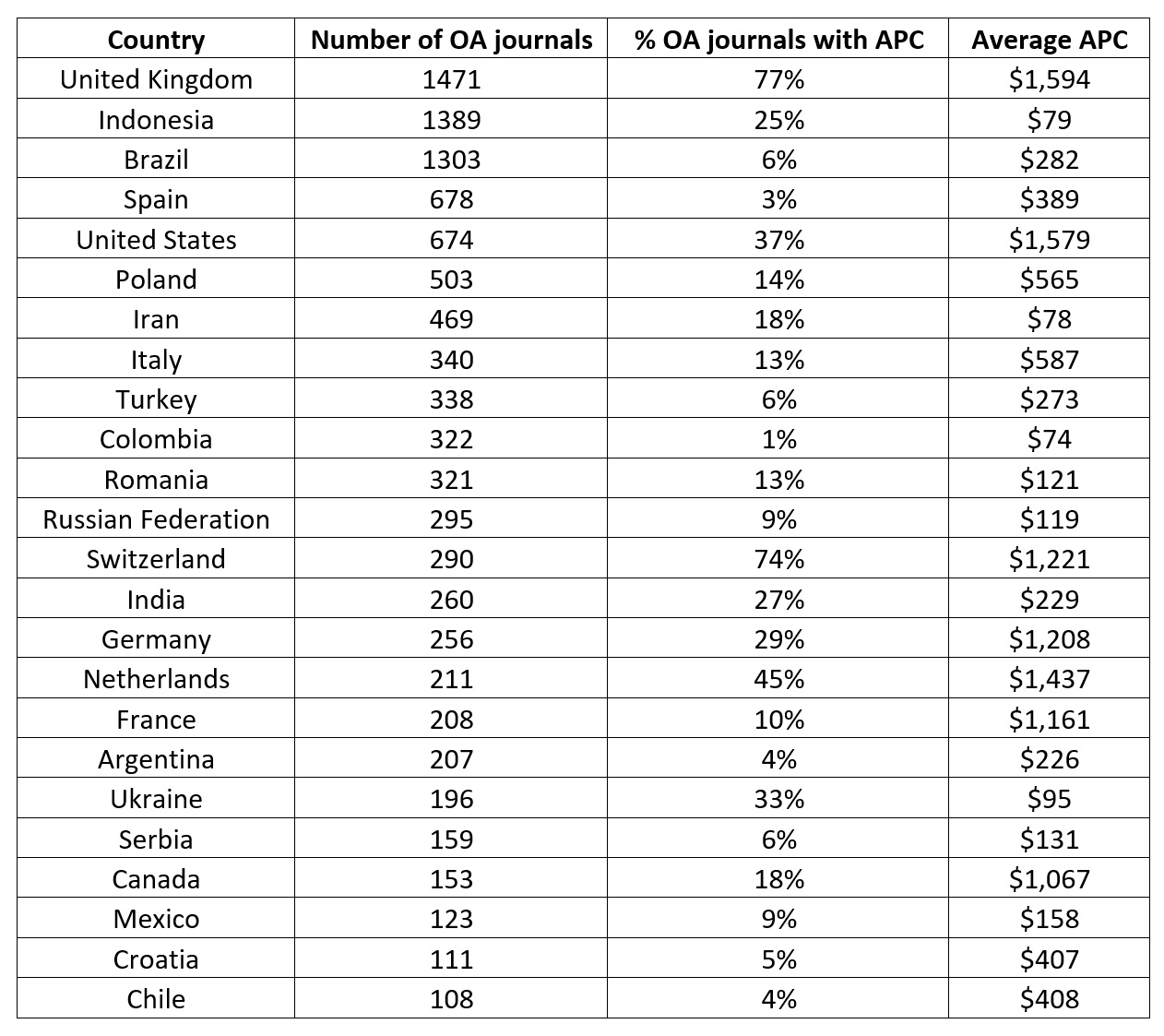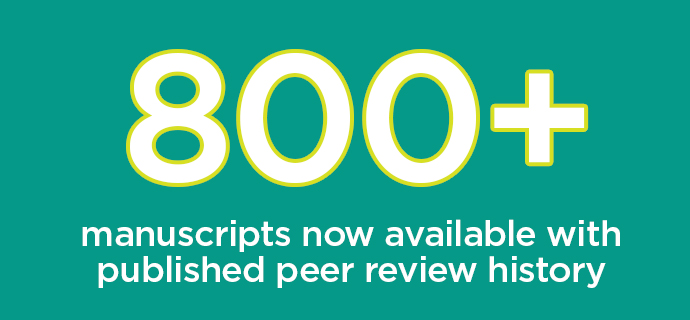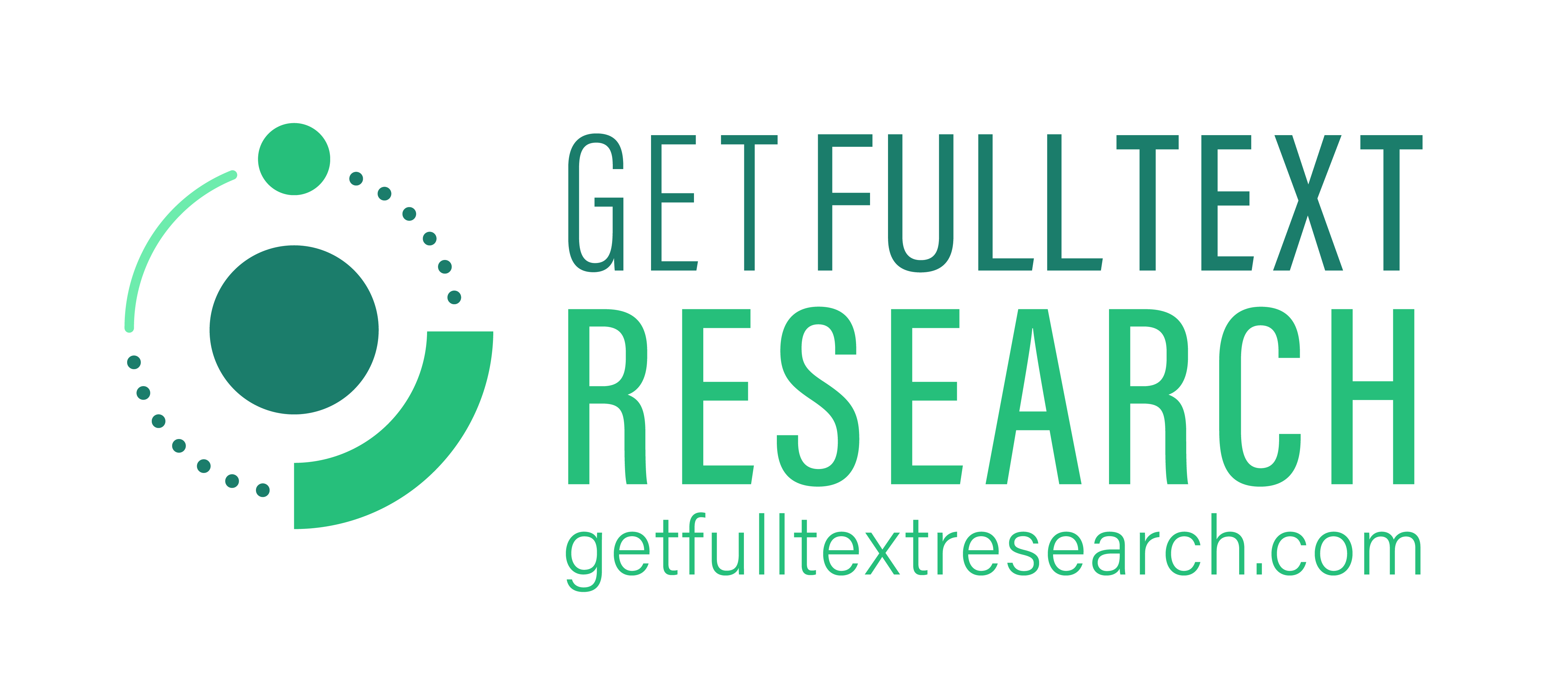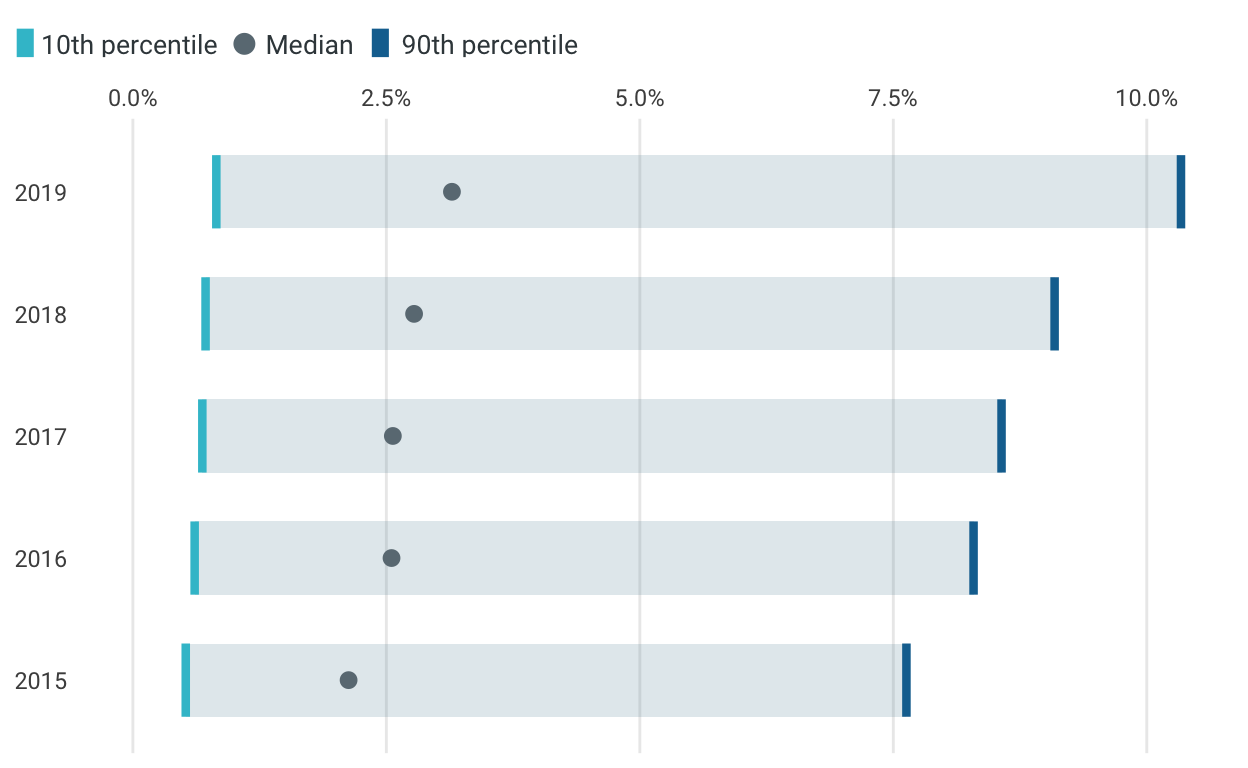Managing a New University Press (NUP) is often a one-person operation and, with limits on time and resources, efficiency and effectiveness are key to having a successful production process and providing a high level of author, editor and reader services. This article looks at the challenges faced by open access (OA) university presses throughout the publishing journey and considers ways in which these challenges can be addressed. In particular, the article focuses on six key stages throughout the lifecycle of an open access publication: commissioning; review; production; discoverability; marketing; analytics. Approached from the point of view of the University of Huddersfield Press, this article also draws on discussions and experiences of other NUPs from community-led forums and events. By highlighting the issues faced, and the potential solutions to them, this research recognises the need for a tailored and formalised production workflow within NUPs and also provides guidance how to begin implementing possible solutions.















